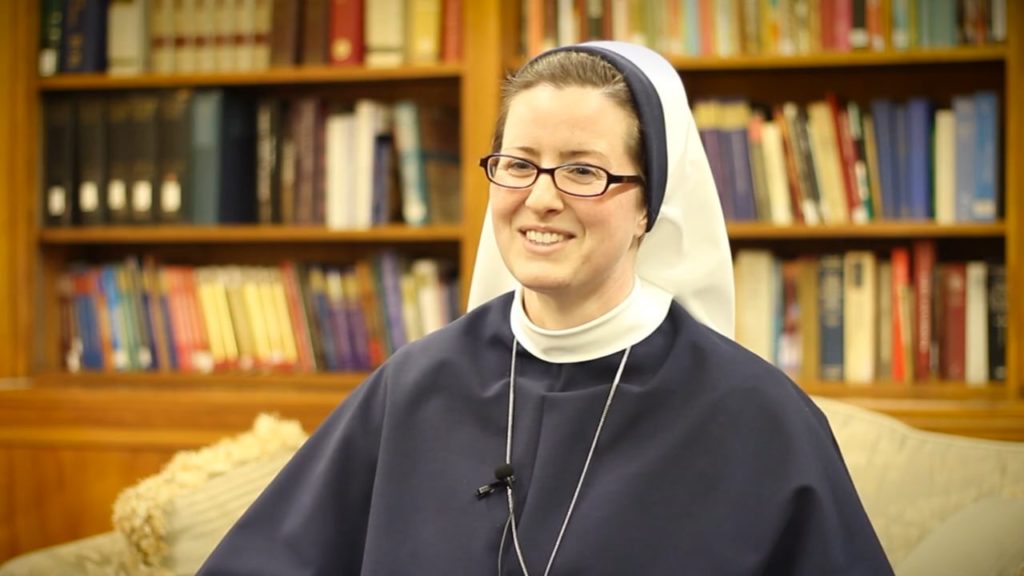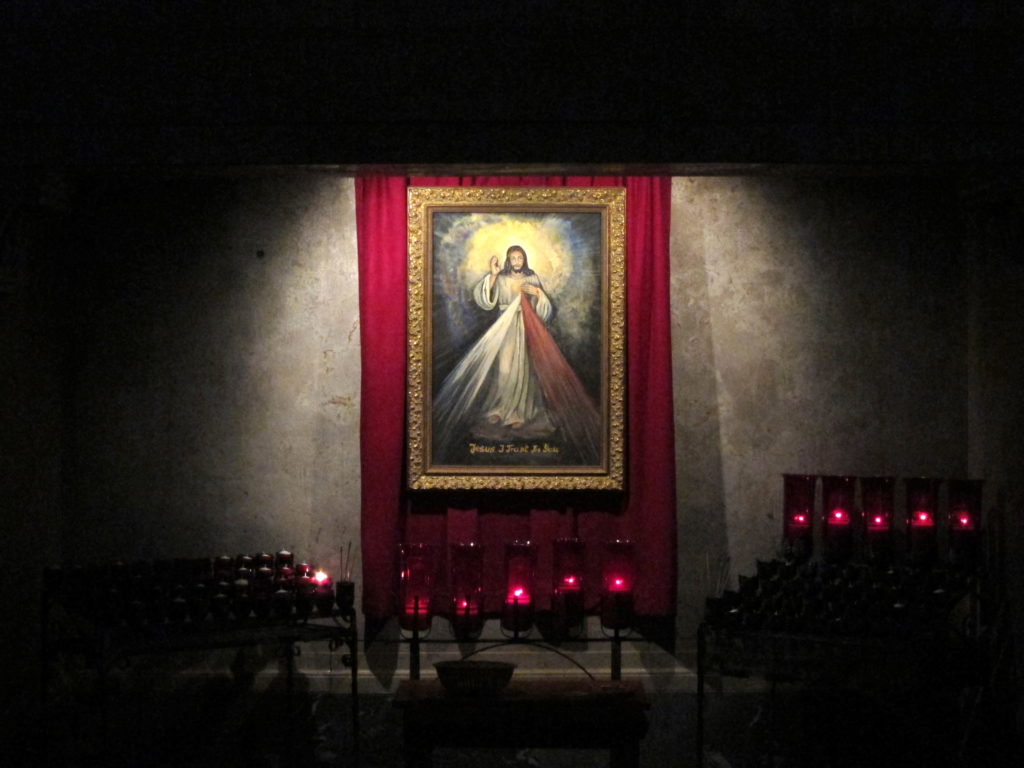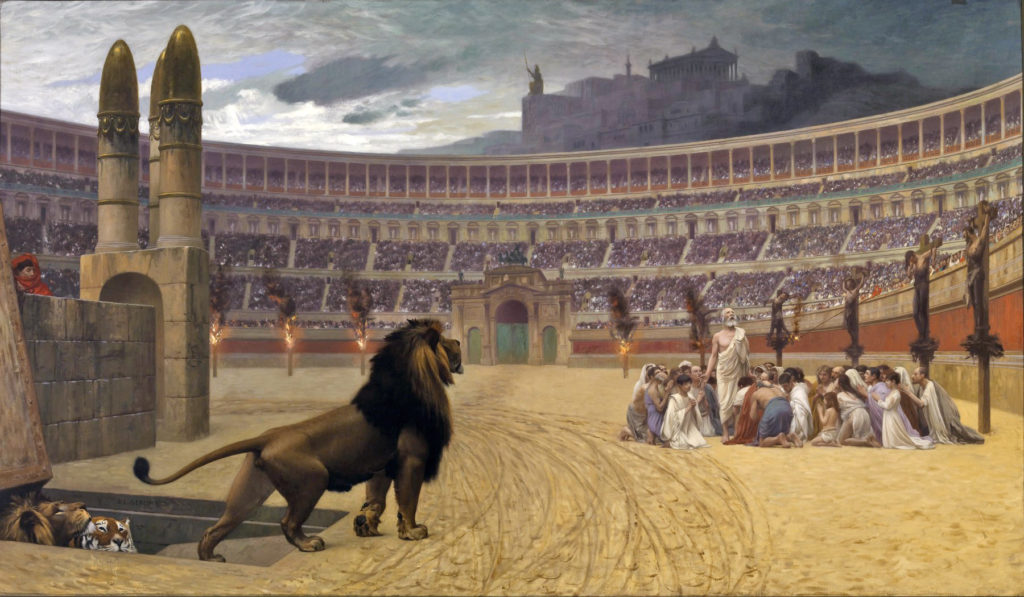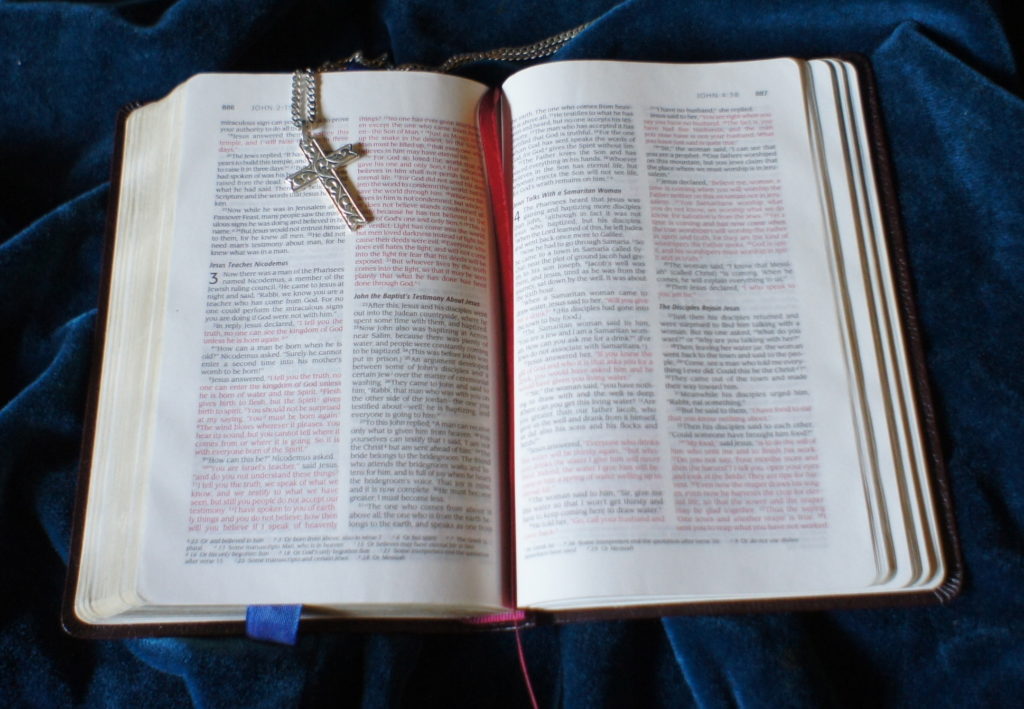How to Find Motivation to Pray the Rosary
No matter how regularly and fervently we pray, most of us hit prayer blocks. Prayer block is similar to writer’s block — you just have a hard time finding the inspiration and motivation to pray. You know prayer is important but you just can’t get into it like you want to. It is those times […]
How to Find Motivation to Pray the Rosary Read More »










